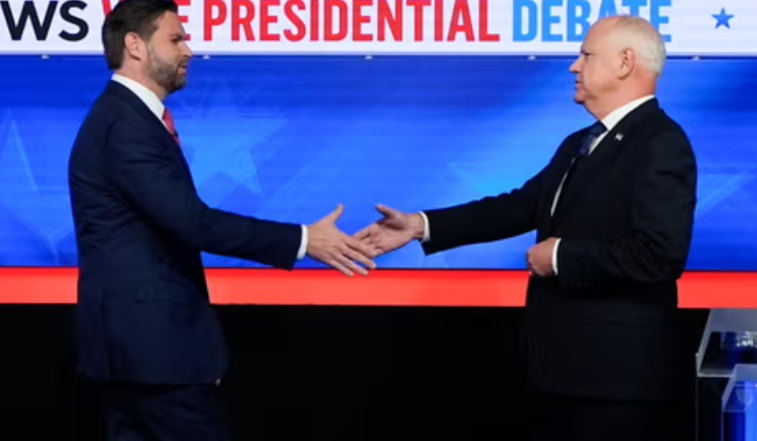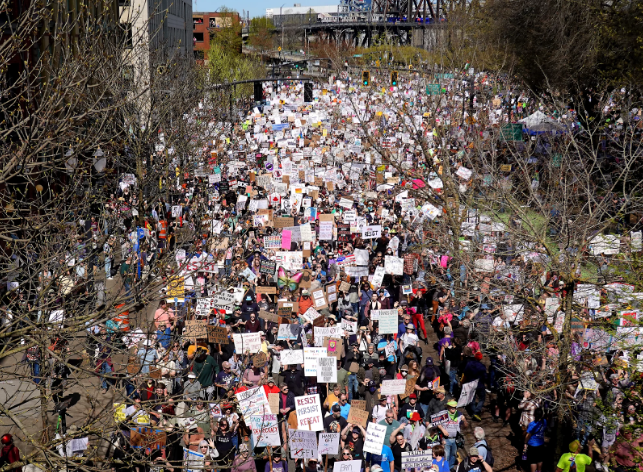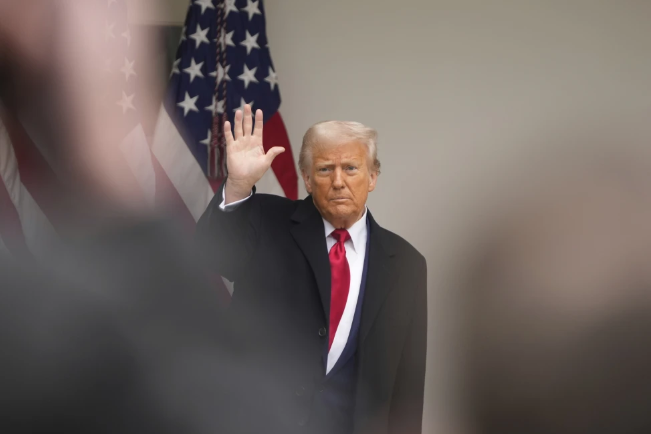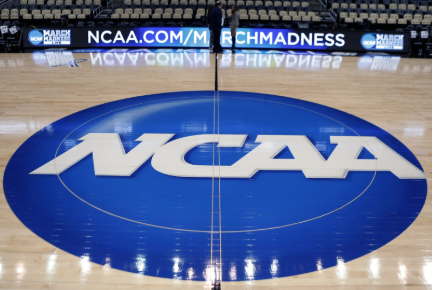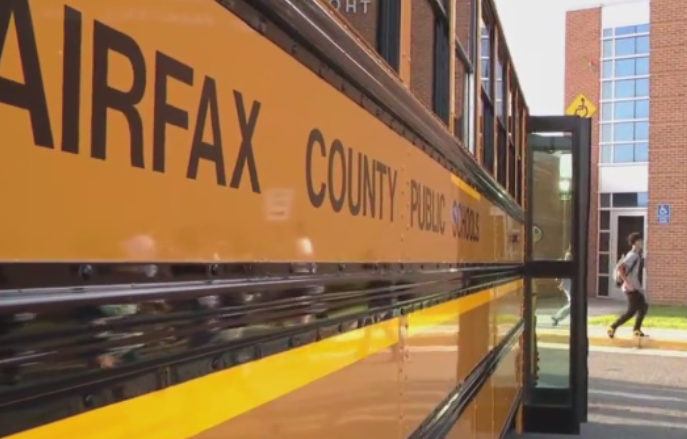During the vice presidential debate between Ohio Senator J.D. Vance and Minnesota Governor Tim Walz, both candidates were polite and civil. Instead of throwing insults, they focused on policy and talked about their plans for if they come into office. This is in harsh contrast to the presidential debate between candidates Donald Trump and Kamala Harris, where they only touched on policy and simply talked about how much the other was unfit to be president.
The vice presidential candidates actually talked about policy, and through them, voters can see how their administrations may act on critical issues in America. Past the typical mudslinging, positioning, and personal attacks, viewers were able to see the policies of the two major parties clearly through a remarkably civil debate.
The issue of fact checking did come up, though only briefly. CBS agreed previously to be without live fact-checking, but did intervene and mute microphones on one occasion. The previous issue of immigration came up, with fact-checking needed on a claim by Vance that a form of legal asylum was illegal immigration.
Additionally, a question asking about Vance’s stance on the outcome of the 2020 election caught media attention. He avoided it, stating that his campaign was looking forward instead. Walz responded harshly, calling Vance’s response “a damning non-answer.”
On issues of policy, the economy has always been an important issue for voters, and both candidates voiced their opinions on what to do going forward. Walz plans to try and give the middle class easier access to affordable housing, bring tax cuts to the middle class, and give $50,000 to startup businesses. He plans to finance this through the taxation of the rich. This would level the playing field by “making the wealthy pay their fair share,” Walz said.
Vance, on the other hand, proposed tax cuts to “bring back common sense to this country.” Vance also promoted the idea of American manufacturing, bringing back production of goods to the United States to create jobs and self-reliance.
Vance’s solution to climate change would be to enhance American energy production and bring back manufacturing. This is due to the claim that America has the cleanest energy systems for energy production, so by relying less on foreign energy and focusing on American energy, the environment is protected. Walz’s idea is to raise awareness about climate change, and to produce more electric vehicles and green energy infrastructure domestically, thus also creating jobs.
Vance wishes to crack down on the border by reimplementing the policies from the Trump administration, starting with the deportation of criminal migrants. He also believes illegal immigrants are competing for American wages, and he wants to prevent that by strengthening the border. Walz emphasized how Trump killed the bill to improve the border situation by pressuring Republicans, and promised that Harris would sign it if it ever arrived at her desk. “Pass the bill, she’ll sign it,” said Walz.
Walz supports the freedoms of pro-choice legislation, citing that doctors should be able to decide how medical care works. “These are women’s decisions and physician’s decisions,” Walz said. Walz would support the restoration of the rights given to people by Roe V. Wade. Vance would rather let states decide individually, saying that America is diverse and that voters need to make their own decisions. Vance reiterated that a second Trump administration would keep that decision with the state governments.
Overall, the debate was a refreshing exit from the loud and insult-heavy politics of this year. There were several moments where candidates agreed with each other and bounced off of each other’s ideas. Discourse was often done respectfully, in civil tones and without insult.








